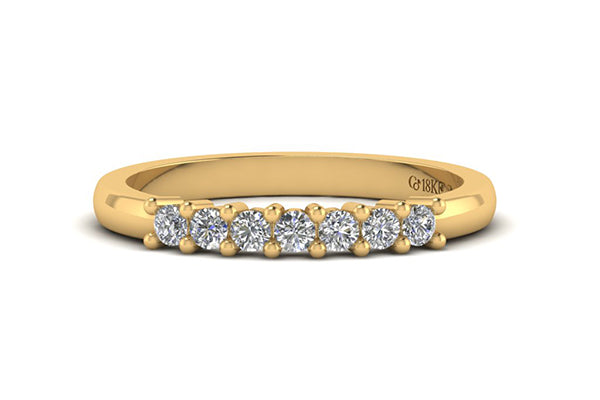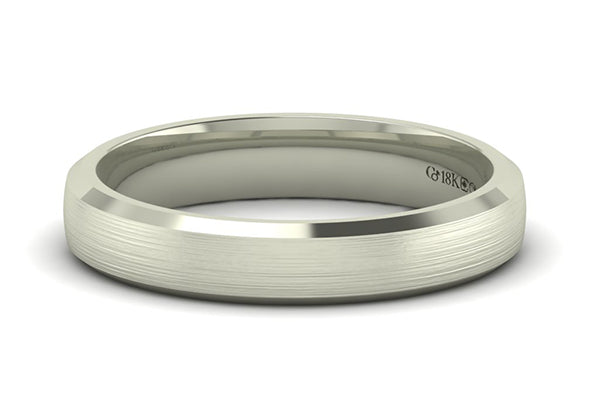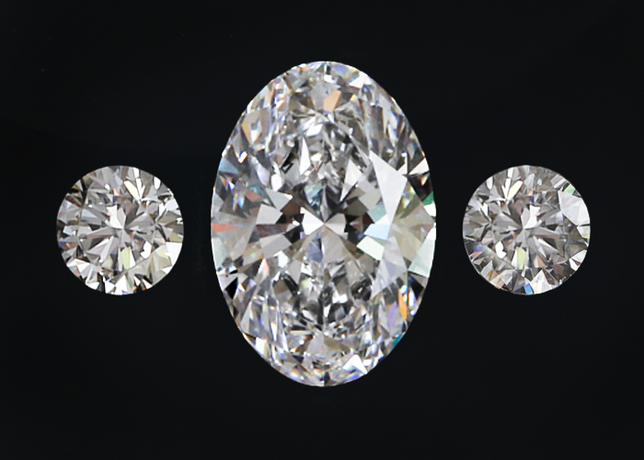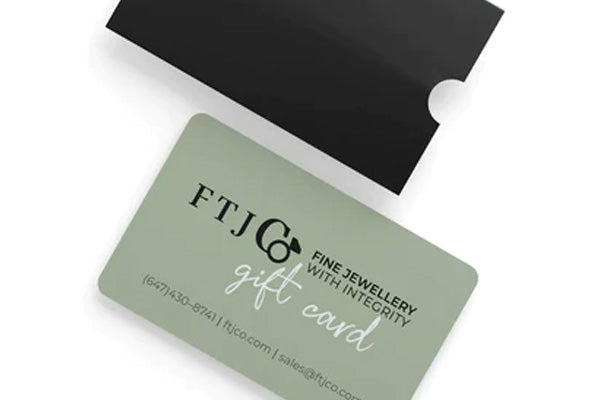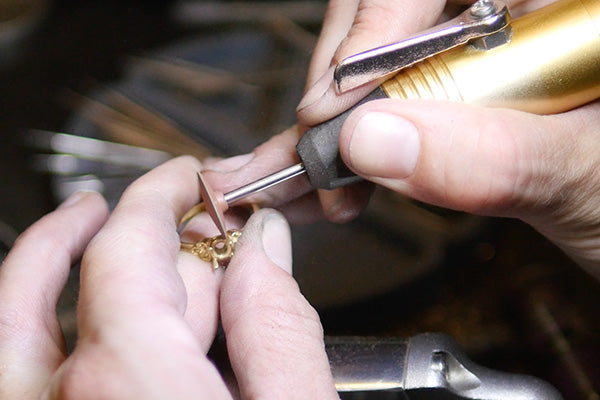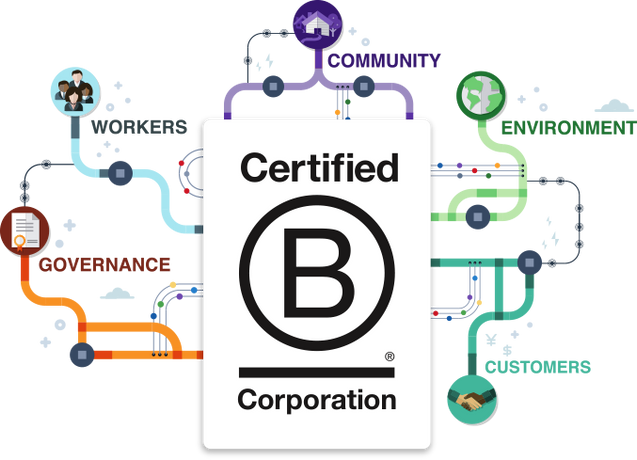FTJCo Responsible Jewellery Council Audit Report 2018
Every three years we undergo recertification by an auditor that measures our performance against the Responsible Jewellery Council (RJC) Code of Practices (COP).
RJC's COP is problematic as it relates to provenance claims (where stuff comes from) because it relies on assurance claims. So that means that if someone farther up the supply chain is lying, everyone downstream is simply propagating that lie.
The assumption is that certified members of RJC have their provenance claims checked by the auditor so that there is some rigour behind the assurance statements that underlie the provenance claims. But this isn't always the case; during our audit we found that De Beers had failed to make a provenance claim for the cut in Canada, government certified diamonds from the province of Ontario.
At FTJCo, we would rather rely up documentation to prove origin, as opposed to the 'pinky-promise-provenance' that seems to be fine with a lot other people in our industry. The same is true for the claimed environmental and social benefits of materials like Fairtrade gold and lab grown diamonds. Sure, some things stand to reason but show us the data.
It is the spirit of showing the data, that we publish our auditor's report (something that most RJC certified companies hold as confidential). In all that we do, we try and set an example of what is possible when companies are transparent.
In this report, we are particularly proud of the recognition received by our NGO partner IMPACT's Just Gold program which FTJCo brought to market in the Summer of 2017; a program which is currently running on the Consensas traceability & due diligence platform developed by FTJCo's sister company.
 Solitaire
Solitaire
 Solitaire with Pavé
Solitaire with Pavé
 Bezel Set
Bezel Set
 Halo
Halo
 Multistone
Multistone
 Unique
Unique
 Nature Inspired
Nature Inspired
 Everyday
Everyday
 Wider Band
Wider Band


